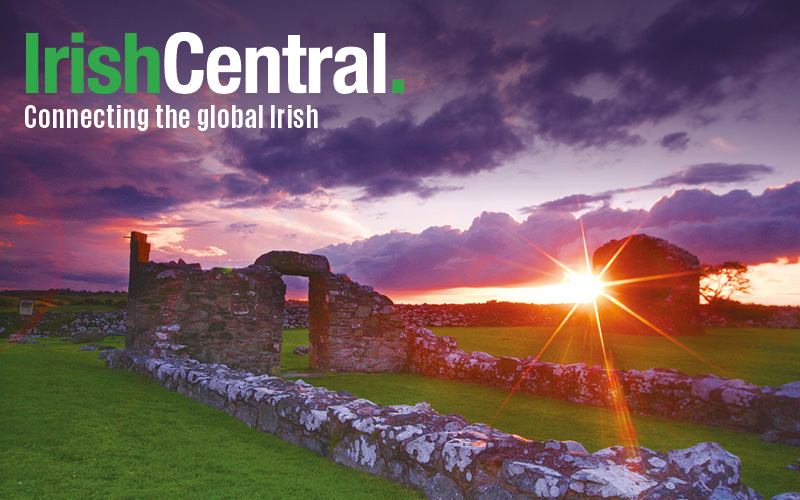Today's historical visit of Queen Elizabeth II and the Duke of Edinburgh began with a monumental wreath-laying ceremony at the Garden of Remembrance this afternoon, but those watching the state broadcaster's day-long coverage of the State trip could be forgiven that Ireland was a country comprised almost solely of army personnel, plain-clothes detectives, and a press corps.
The trip has necessitated the largest security operation that the Irish State has ever seen, with even elite former SAS soldiers also being drafted into to protect the Queen's safety during her five day trip, but the precautions taken have even gone so far as to ensure that no member of the public not officially involved with the itinerary get within fourty feet of the monarch -- at all times.
The dramatic arrangements may be an unfortunate by-product of the various threats leveled by dissident Republican hard-liners at the monarch since the visit was announced, but there's something about the conspicuous absence of the Irish general public at the visit's various stop-offs that goes entirely against the grain of a trip that's been hailed as a historical moment of reconciliation.
Her arrival to the Garden of Remembrance this afternoon involved the mile-long motorcade travelling through a literal steel cage, erected on either side of the road, while uniformed police officers were posted at every five metres' of the route, and police snipers specked the nearby roofs.
The ultra-tight security may not be over-the-top given the seriousness of the threats that have been made in the lead-up to the much publicized trip (just two days ago a threat in London necessitated the evacuation of the courtyard of Buckingham Palace, while the recent murder of a police officer in Northern Ireland did anything but allay authorities' concerns that the threats were not to be taken seriously), but it seems a terrible irony that a visit meant to bring about a historical reconciliation between two neighbouring but often warring states has included a total lack of the Irish people, or at least those ones not involved with the events, at the various stop-offs.
Despite the great unwashed's inability to come within touching distant of the Queen, though, there has been a genuine sense that the visit had fostered the sort of mutual togetherness that it had set out to achieve.
Although the Irish public cannot honestly be said to have been unequivocally in favour of the visit, the few who opposed it on historical grounds seem to have numbered in the underwhelming minority, while even among those indifferent to the trip (which, according to a BBC report includes most of Ireland's youth), there's a sense that this is indeed a beginning of something 'new', a relinquishing of old grudges, and a time to let go of whatever has happened in the past that has had a long-lasting strain on the countries' bilateral relationship.
It's just a pity that those people can't get past the barricades.




Comments